Billiard lighting control device MPOS-Power8
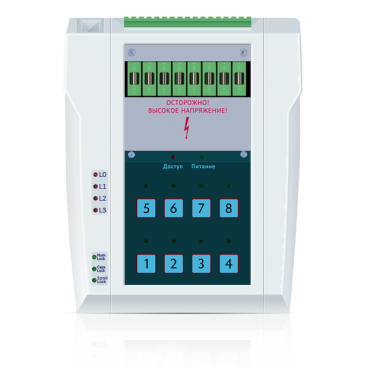
- Remove this product from my favorite's list.
- Add this product to my list of favorites.
- Send to a friend
Billiard lighting control device MPOS-Power8
The modular system MPOS-POWER8 is designed to control AC and DC power loads with power supply up to 250V and power up to 1 kVA. A typical usage of the system is lighting management in billiards, gaming halls and disco-clubs for lighting control.
The MPOS-POWER8 module has 8 control keys (for entering the access code and controlling the channels) and 8 LEDs for indicating the status of the load channel. Up to 4 modules can be connected to the system. Thus, the number of controlled loads can be from 8 (1 module "MPOS-POWER8") to 32 (4 modules "MPOS-POWER32").
The system provides modules management from a local keyboard located on each module or remotely via the RS232 interface. Access to the local control mode can be restricted by the access code.





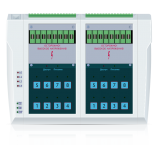
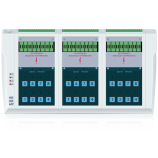
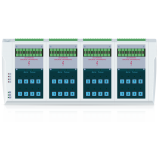
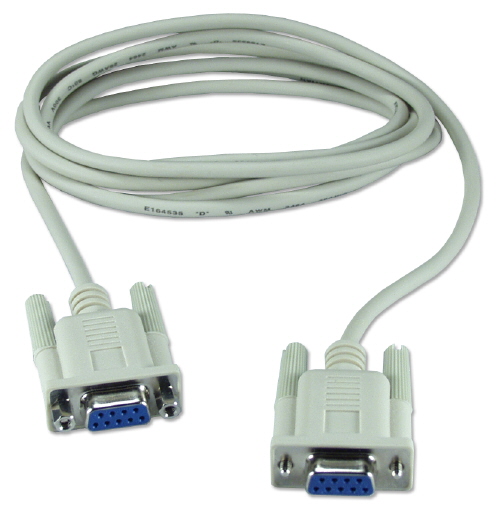
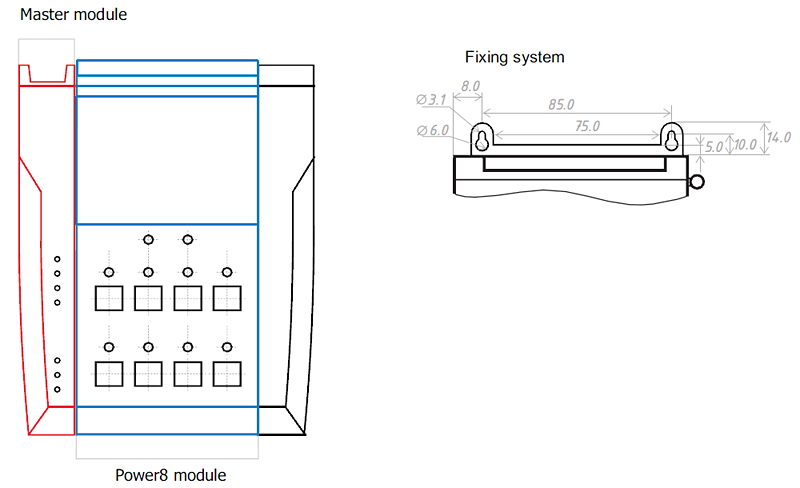
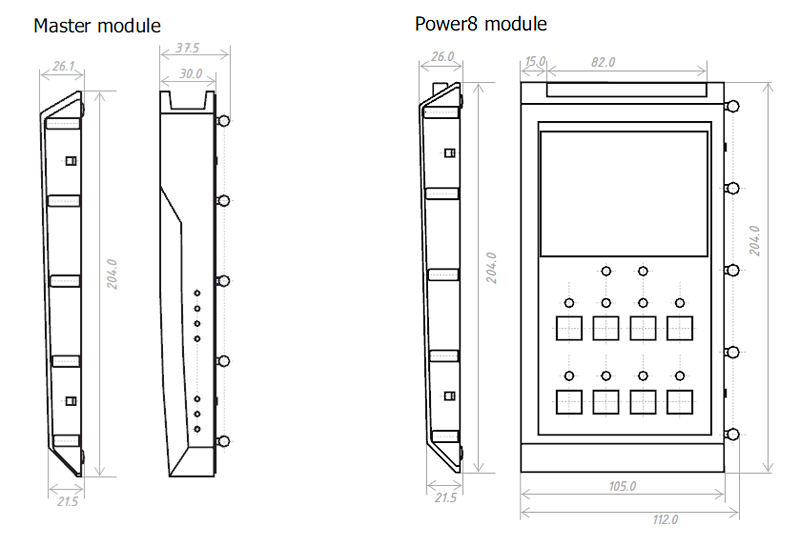
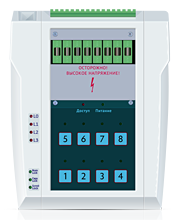
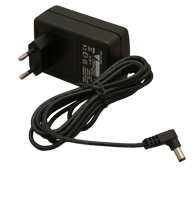

Be the first to write your review !